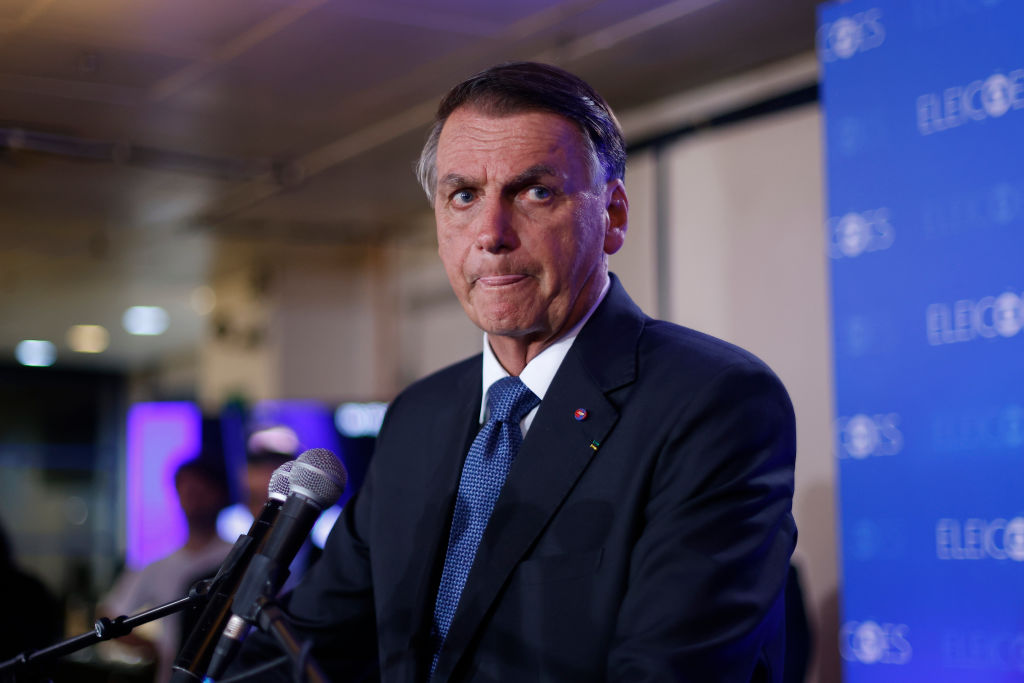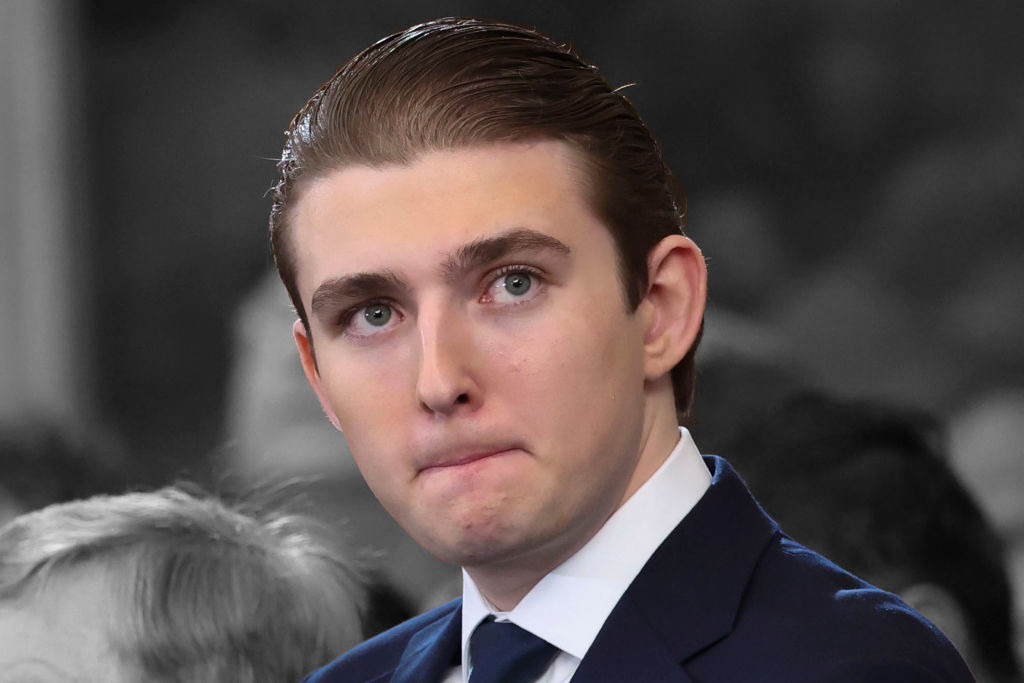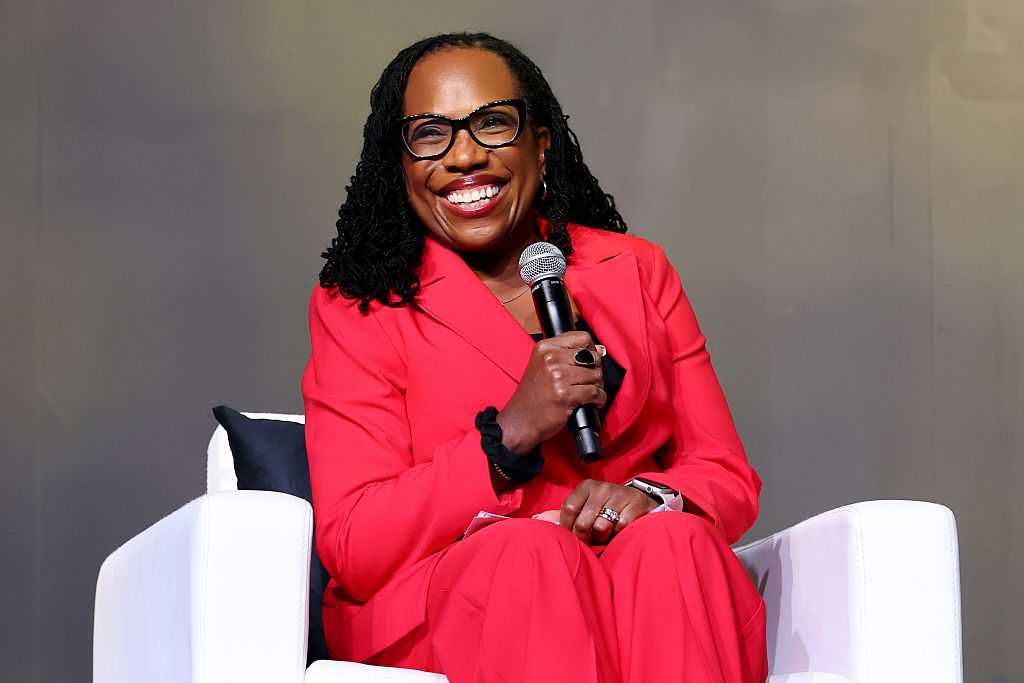After a bruising campaign, the leftist former president of Brazil Lula Ignacio Da Silva appears to have won back control of the Palácio da Alvorada, the Brazilian presidential residence. Lula defeated conservative incumbent Jair Bolsonaro by the narrowest of margins and is now poised to bring back socialist leadership to the world’s fourth-largest democracy.
However, the result was by no means a blowout for Lula and his Workers’ Party, which polls had suggested could win a landslide victory. In reality, Bolsonaro outperformed expectations just by taking the vote to a second round, while his Social Liberal Party maintained control of Brazil’s congress.
Nevertheless, the outcome marks an incredible comeback story for the 77-year-old Lula. All the more so because he was sentenced to 22 years in prison as part of the notorious Operation Car Wash scandal, though his conviction was quashed on a technicality, allowing him to realize his ambition of running again for the presidency.
The result will be warmly welcomed by the Biden White House, which inevitably favored Lula over the man who was regularly dubbed the “Trump of the Tropics.” They will see him primarily as a key ally in the fight against climate change given that Bolsonaro was widely criticized for his alleged failure to protect the Amazon. While Biden was serving as vice president, Obama praised Lula as “one of the most popular politicians on earth” in reference to his high approval ratings. After his term finished, Obama even lobbied for him to become the next president of the World Bank, although plans for this never materialized.
From the onset of his presidency, Bolsonaro developed a reputation as one of the great antagonists of the progressive world order. His reluctance to take more action against deforestation in the Amazon, as well as his record of troubling comments (including saying that a fellow congresswoman was too ugly to rape and that he could never love a gay son), made him a pariah within liberal international circles. He was also fiercely criticized for taking a hands-off approach to the coronavirus pandemic, which many health experts claimed led to Brazil’s excessively high death toll. He refused to take any coronavirus vaccine, despite ordering millions of doses for his country at large.
Many commentators have sought to draw parallels between this and the 2020 American presidential election. Although Brazilian-based commentator Glenn Greenwald correctly argues that Bolsonaro is a different political animal than Donald Trump, these comparisons are certainly not without merit. Both elections involved a conservative and anti-establishment incumbent battling an aging political veteran. Bolsonaro, like Trump, appealed to his country’s large evangelical population on a platform of social conservatism and free-market economics. Lula represents a return to the supposed stability of socialist rule, similar to Biden’s effective continuation of the Obama era.
Yet perhaps the most striking similarity with the US is Bolsonaro’s distrust of his country’s electoral processes. At a rally last year, he declared that this election would have one of three outcomes: “Jail, death, or victory.” As of the time of writing, he has yet to concede.
Beyond Brazil, Lula’s return is a major victory for left-wing movements across South America. When he takes office at the beginning of 2023, only Ecuador and Uruguay will be governed by leaders not openly associated with the cause of international socialism, similar to the “Pink Tide” that swept the continent at the turn of the 21st century. Though given the unenviable economic record of many of these governments, from Argentina and Bolivia to Venezuela and Peru, as well as the cyclical nature of politics, it is likely only a matter of time before the pendulum swings back the other way.
The question now facing Brazil is whether Bolsonaro, who has the overwhelming support of his country’s military and security forces, will accept the result, and what a transfer of power between the two parties will look like. There is no doubt that Lula sees himself as victorious. Moments after the result was declared, he shared a photo on Twitter of his thumb and three fingers (he lost his pinky in an industrial accident) in front of a Brazilian flag. “Democracy,” reads the tagline.

























